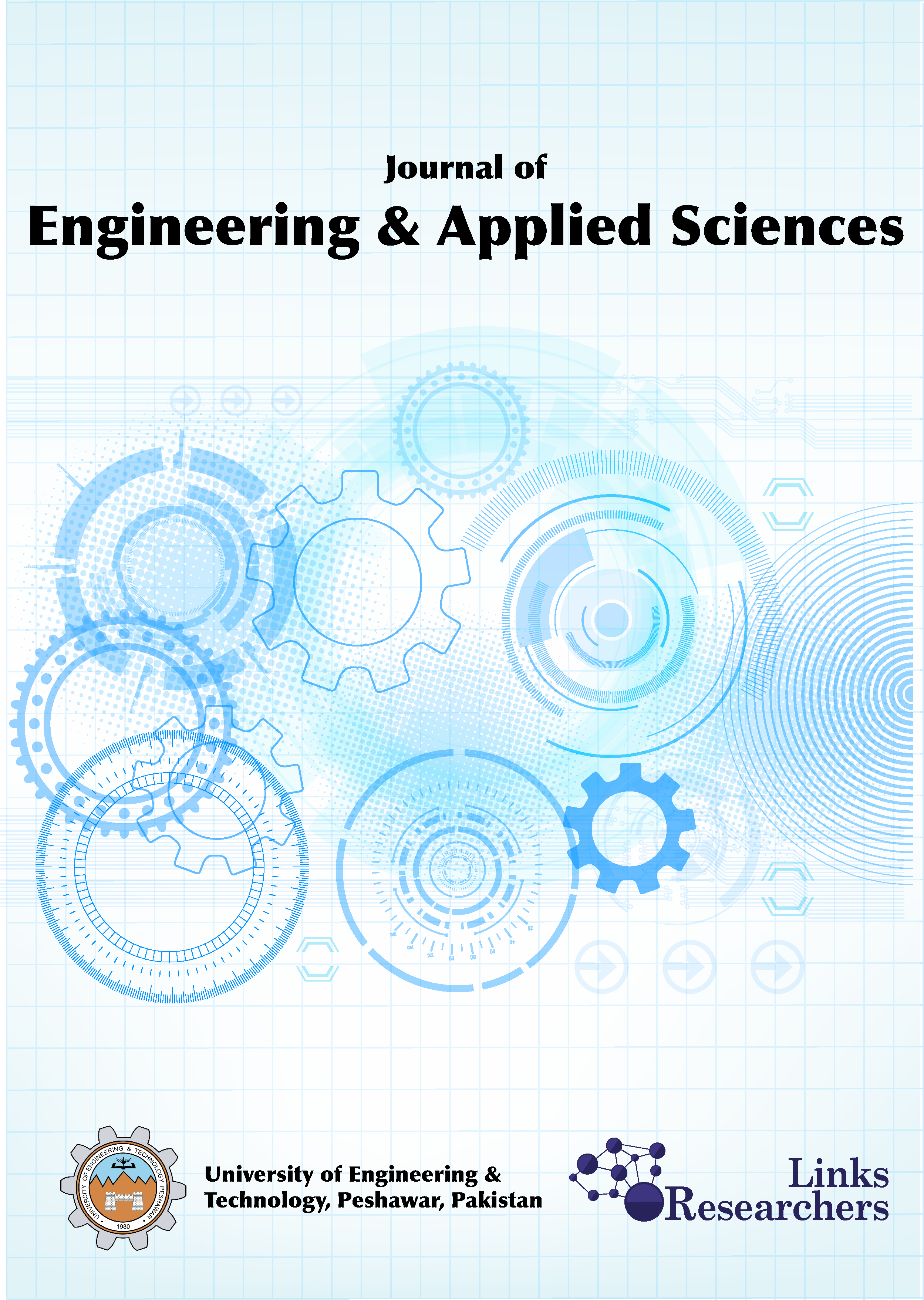Quality Engineering Tools Implementation a Comparison of Indian and Pakistani Business Organizations
Imran Ahmad Rana*, Muhammad Ali Yab and Ch. Abdul Rehman
ABSTRACT
A quantitative study was conducted with an objective to compare Quality Engineering (Six Sigma-SS) implementation practices at business organizations operating in South Asia (India and Pakistan) and highlight such dimensions which contribute to the success. Instrument used for survey was built on quality engineering and management system elements. Study has yielded key outcomes which highlight that social dimension in use to practice SS in both of countries like behaviors and quality roles were varied. Moreover, results obtained from regression analysis display that there are also differences between the critical success factors (CSFs) of six sigma implementation in Indian and Pakistani organizations. Elements like management commitment and six sigma deployment strategies were found significant in explaining variability of six sigma results in the region. Results show that the countries were found similar on effect of six sigma practices on customer satisfaction, where common elements like SS Training management, Information and Communication planning and execution, and quality control practices found statistically significant variables explaining variability of customer satisfaction. The study may help leaders, engineers, professionals working at Indian-Pakistan based organizations to know significant organizational behaviors associated with successful quality engineering management tools implementations as well as how to motivate employees on waste reduction and productivity enhancement projects. This may facilitate training managers to better target advance quality programs for the countries by going through analysis of selected aspects and recommendations for deploying and implementing DMAIC methodology.
To share on other social networks, click on any share button. What are these?




